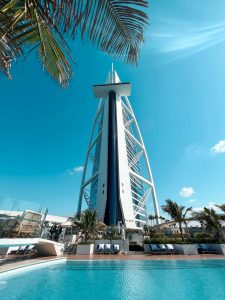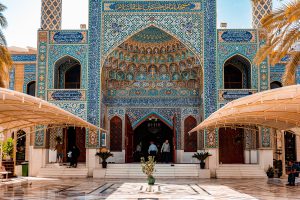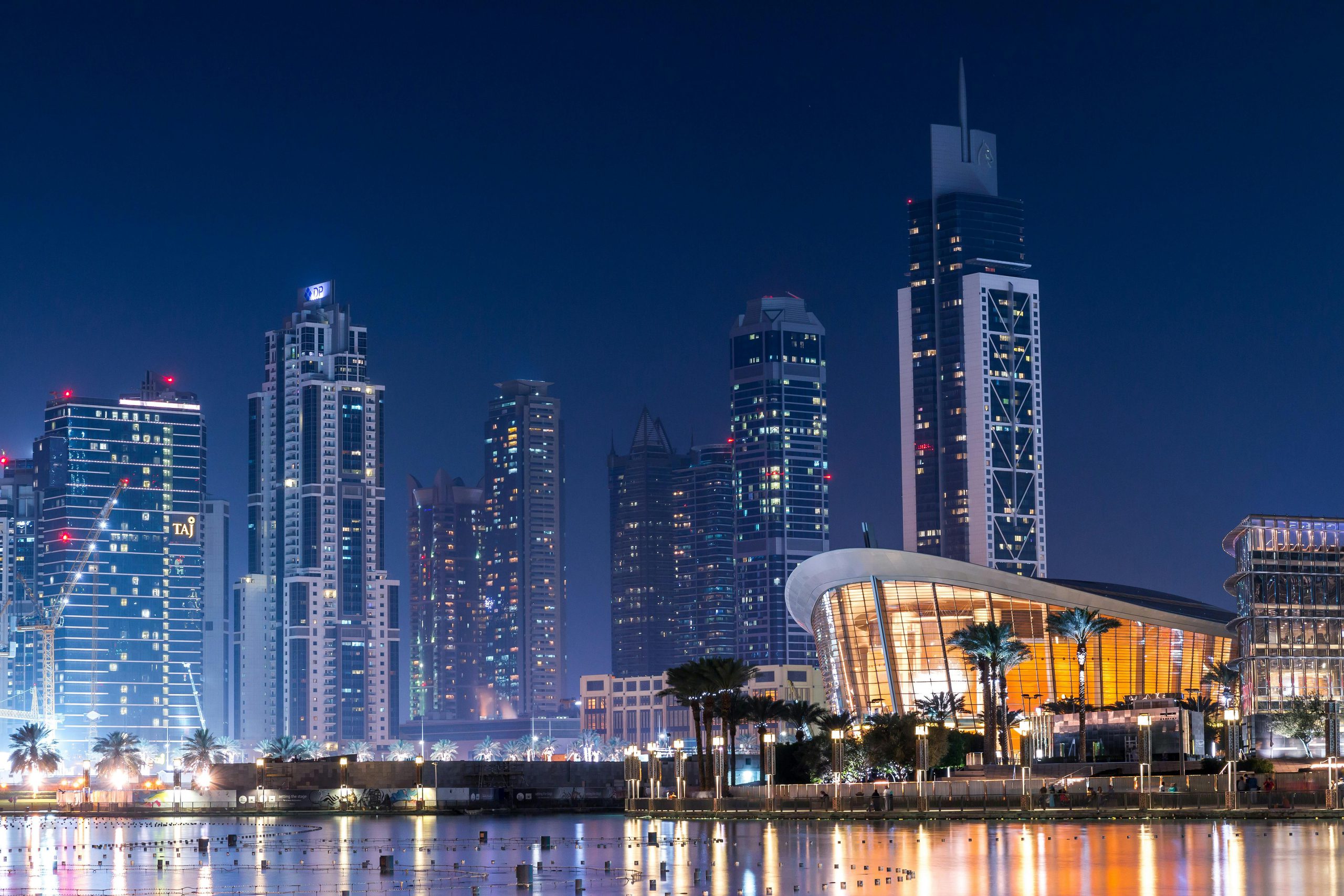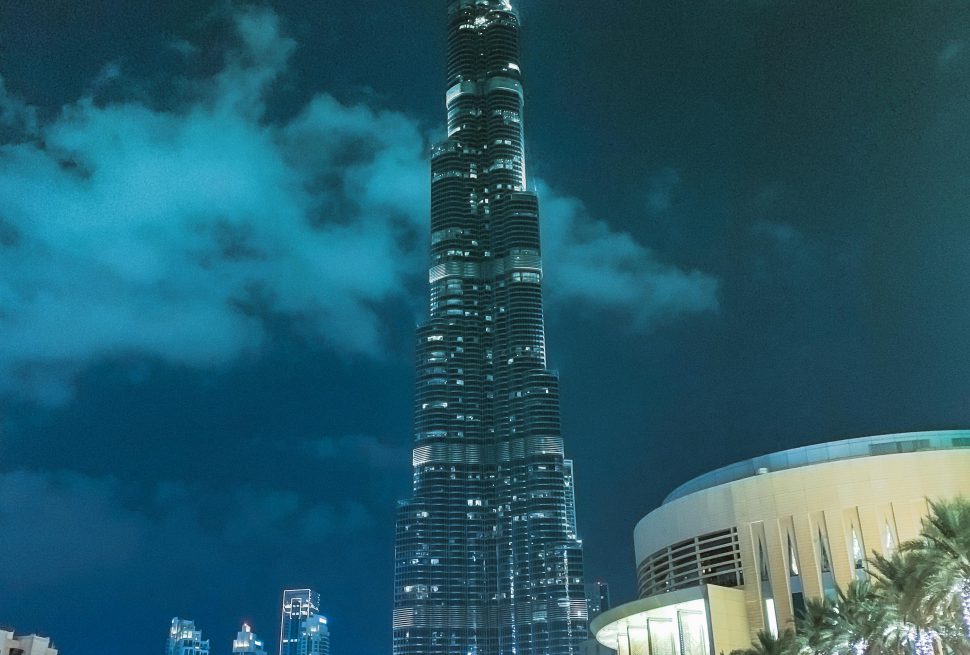Dubai, a city that has always pushed the boundaries of what’s possible, is now setting the stage for the future of urban living. Known for its towering skyscrapers, opulent lifestyle, and groundbreaking innovations, Dubai is more than just a luxury destination; it is a visionary experiment in urban development. As the world grapples with challenges like rapid urbanization, sustainability, and technological integration, Dubai emerges as a model for how cities of the future can thrive. Here’s a look at how Dubai is shaping the future of urban living.
A Visionary Approach to Urban Planning

Dubai’s rapid rise from a small desert town to a global metropolis is the result of bold urban planning and visionary leadership. The city’s leaders recognized early on that thoughtful, strategic development was key to sustaining growth and attracting global talent and investment. This foresight is evident in Dubai’s meticulously planned neighborhoods, which offer a mix of residential, commercial, and recreational spaces designed to enhance quality of life.
One of the most ambitious projects is Dubai South, a 145-square-kilometer city-within-a-city, designed to be a hub for business and innovation. With its focus on sustainability and smart living, Dubai South is a prime example of how the city is preparing for the future. The area is centered around Al Maktoum International Airport and the Expo 2020 Dubai site, creating a vibrant ecosystem where businesses, residents, and visitors can thrive.
Smart Cities and Technological Integration

As the world moves towards a digital future, Dubai is at the forefront of integrating technology into urban life. The city’s commitment to becoming a global leader in smart cities is evident in its Smart Dubai initiative, which aims to make Dubai the happiest city on earth by harnessing technology to improve the quality of life for its residents.
Smart Dubai leverages advanced technologies like the Internet of Things (IoT), artificial intelligence (AI), and blockchain to create a seamless urban experience. From smart traffic management systems that reduce congestion to AI-driven public services that offer personalized assistance, Dubai is transforming how people interact with their city. The Dubai Blockchain Strategy is another groundbreaking initiative, aiming to make Dubai the world’s first government powered by blockchain by 2025, ensuring transparency, efficiency, and security in all transactions.
Dubai’s focus on technological innovation extends to its infrastructure as well. Dubai’s autonomous transportation strategy, which includes self-driving cars, drones, and hyperloop systems, is set to revolutionize how people move around the city, reducing traffic and pollution while increasing efficiency and convenience.




